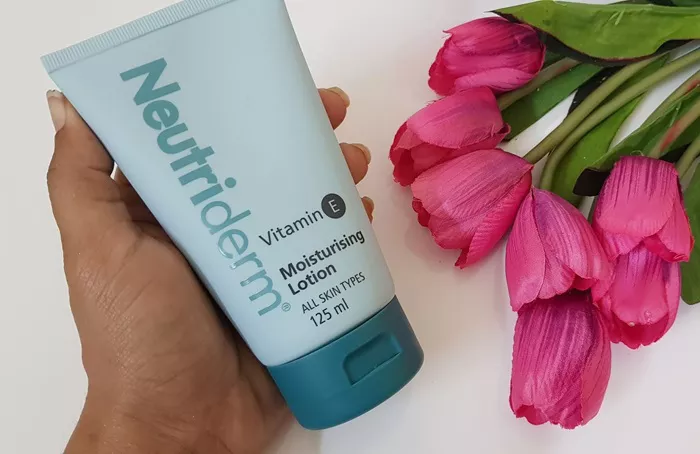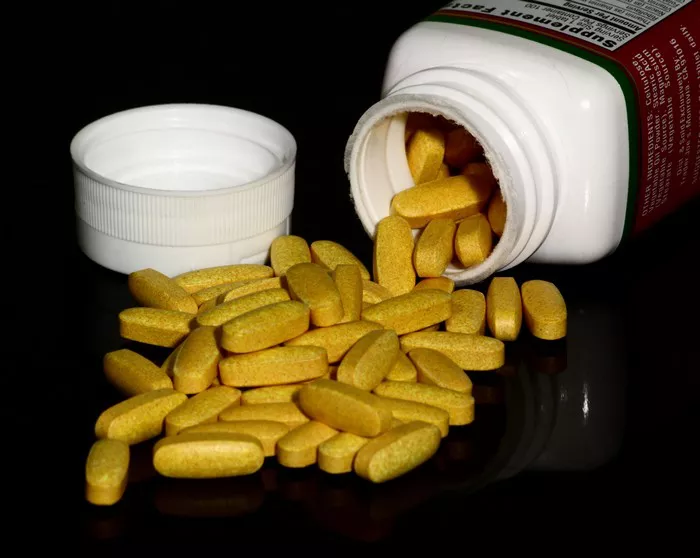Scars are a natural part of the body’s healing process, but they can often be a source of concern for many individuals due to their appearance or potential for discomfort. Vitamin E has long been touted as a remedy for scar reduction, and vitamin E lotion is a popular over-the-counter product marketed for this purpose. But does it live up to the hype? In this comprehensive guide, we delve into the science behind vitamin E lotion and its potential effects on scar healing and management.
Understanding Scars
Scars form as a result of the body’s response to injury, whether from surgery, trauma, burns, or other causes. During the healing process, the body produces collagen, a fibrous protein that helps repair damaged tissue. However, the quality and appearance of the resulting scar can vary depending on factors such as the depth and severity of the wound, genetics, and the individual’s skin type.
There are several types of scars, including:
Hypertrophic Scars: These scars are raised, red, and may be itchy or uncomfortable. They typically form at the site of a wound and may gradually improve over time.
Keloid Scars: Keloids are characterized by thick, raised tissue that extends beyond the boundaries of the original wound. They can be more pronounced and may require medical intervention for management.
Atrophic Scars: Atrophic scars are characterized by a loss of tissue, resulting in a depressed or sunken appearance. They commonly occur as a result of acne or other skin conditions.
The Role of Vitamin E in Scar Healing
Vitamin E is a fat-soluble antioxidant that plays a crucial role in protecting cells from damage caused by free radicals. It is naturally present in various foods, such as nuts, seeds, leafy greens, and vegetable oils. Vitamin E has been studied for its potential benefits in scar management due to its antioxidant and anti-inflammatory properties.
Proponents of vitamin E for scar reduction claim that it can:
Promote Collagen Synthesis: Vitamin E may stimulate collagen production, which is essential for wound healing and tissue repair.
Reduce Inflammation: Vitamin E has anti-inflammatory properties that may help reduce swelling, redness, and discomfort associated with scars.
Improve Skin Texture: By moisturizing and nourishing the skin, vitamin E lotion may help improve the overall texture and appearance of scars.
The Evidence: Does Vitamin E Lotion Help Scars?
Despite its popularity as a scar treatment, the scientific evidence supporting the efficacy of vitamin E lotion is mixed. While some studies have shown positive results, others have found no significant benefit or even potential harm associated with its use.
Studies Supporting Vitamin E for Scar Reduction
Several small-scale studies have reported positive outcomes with the use of vitamin E for scar management:
A 2010 study published in the Journal of Plastic, Reconstructive & Aesthetic Surgery found that topical application of vitamin E improved the appearance of scars in 90% of participants who underwent skin surgery.
A review published in the Dermatologic Surgery journal in 2005 concluded that vitamin E was effective in reducing the size, thickness, and color of scars, particularly when combined with silicone gel.
A study published in the Journal of Cosmetic Dermatology in 2016 found that a combination of vitamin E, vitamin C, and silicone gel significantly improved the appearance of scars compared to silicone gel alone.
Studies Questioning the Efficacy of Vitamin E for Scars
Despite the positive findings from some studies, others have failed to demonstrate a significant benefit of vitamin E for scar reduction:
A study published in the Dermatologic Surgery journal in 1999 found that topical application of vitamin E did not improve the cosmetic outcome of scars compared to a placebo in patients who underwent skin surgery.
A review published in the Journal of Investigative Dermatology in 2016 concluded that there was insufficient evidence to support the use of vitamin E for scar prevention or treatment.
A study published in the British Journal of Dermatology in 2010 found that vitamin E did not improve the appearance of surgical scars and may even increase the risk of contact dermatitis in some individuals.
Potential Risks and Side Effects
While vitamin E lotion is generally considered safe for topical use, it may cause adverse reactions in some individuals, particularly those with sensitive skin or allergies. Potential risks and side effects of vitamin E lotion include:
Contact Dermatitis: Some people may experience allergic reactions or skin irritation when using vitamin E lotion, leading to redness, itching, or rash.
Delayed Wound Healing: In rare cases, topical application of vitamin E may interfere with the healing process and delay wound closure.
Risk of Infection: Applying vitamin E lotion to open wounds or fresh incisions may increase the risk of infection, as it creates a barrier that traps moisture and bacteria.
Tips for Using Vitamin E Lotion for Scars
If you decide to use vitamin E lotion for scar management, here are some tips to maximize its potential benefits and minimize risks:
Patch Test: Before applying vitamin E lotion to a larger area of skin, perform a patch test by applying a small amount to a discreet area and monitoring for any adverse reactions.
Choose a High-Quality Product: Look for vitamin E lotions that contain pure vitamin E oil or tocopherol acetate and are free from added fragrances, preservatives, or other potential irritants.
Follow Instructions: Follow the manufacturer’s instructions for application and use of the product. Avoid applying excessive amounts of lotion or using it on open wounds without medical supervision.
Be Patient: Scar healing takes time, and results may not be immediate. Consistent use of vitamin E lotion over several weeks or months may be necessary to see improvements in scar appearance.
Consult a Healthcare Professional: If you have concerns about scar management or are unsure about the safety of using vitamin E lotion, consult a dermatologist or healthcare provider for personalized advice and guidance.
Conclusion
While vitamin E lotion has been widely promoted as a remedy for scar reduction, the scientific evidence supporting its efficacy is inconclusive. While some studies have reported positive outcomes, others have found no significant benefit or potential harm associated with its use. If you’re considering using vitamin E lotion for scar management, it’s essential to weigh the potential risks and benefits and consult a healthcare professional for personalized advice. Additionally, incorporating other scar management strategies such as silicone gel, massage, and sun protection may help optimize results and promote healthy scar healing.
[inline_related_posts title=”You Might Be Interested In” title_align=”left” style=”list” number=”6″ align=”none” ids=”9466,9378,9305″ by=”categories” orderby=”rand” order=”DESC” hide_thumb=”no” thumb_right=”no” views=”no” date=”yes” grid_columns=”2″ post_type=”” tax=””]

































